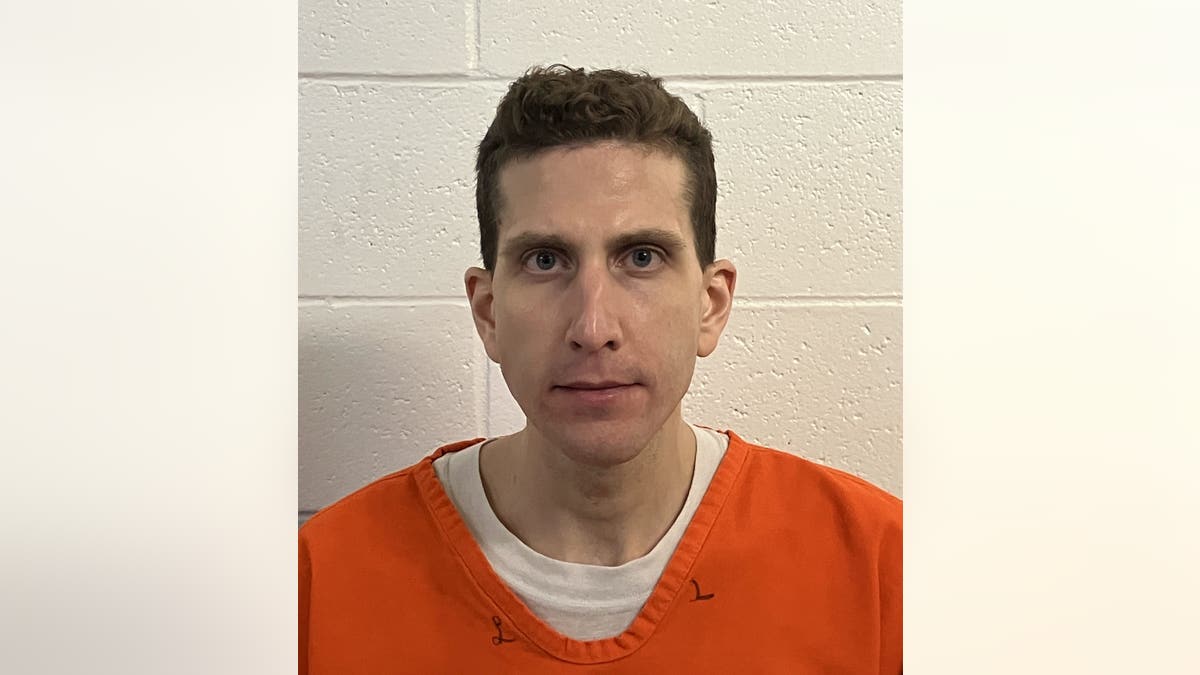Share this @internewscast.com
It’s unclear how long that would have taken.
Though the police managed to retrieve a significant sample from the snap on the sheath, Bryan Kohberger’s DNA wasn’t present in the national Combined DNA Index System (CODIS) since he wasn’t previously involved in any criminal activities.

Confessed killer Bryan Kohberger sports a death stare in new prison mugshot. (The Idaho Department of Correction)
Thanks to investigative genetic genealogy, authorities were able to track him down using the sample, making it a crucial component of their case. Jeff Nye, leading the criminal division at Idaho’s Attorney General’s Office, was tasked with defending the evidence against Kohberger’s challenge to have it dismissed. He mentioned to Fox News Digital that “everything hinged” on his courtroom performance that day.
He succeeded. After the defense’s failed attempt to dismiss the DNA evidence, Kohberger entered an unexpected guilty plea in early July to sidestep the potential death penalty.
Kristen Mittelman, Othram’s chief development officer, believes that the genealogy techniques should be applied to more cases.
“We are working with the families to change this, ensuring real-time access so individuals like Kohberger are apprehended before committing another crime,” she expressed to Fox News Digital. “I’m convinced that there’s someone celebrating Thanksgiving with their family this year who wouldn’t have been, if Bryan Kohberger hadn’t been caught promptly.”
Kohberger is now serving four consecutive life sentences, with an additional 10 years. He has forfeited his right to appeal and to pursue a sentence reduction under Idaho’s legal framework.

















